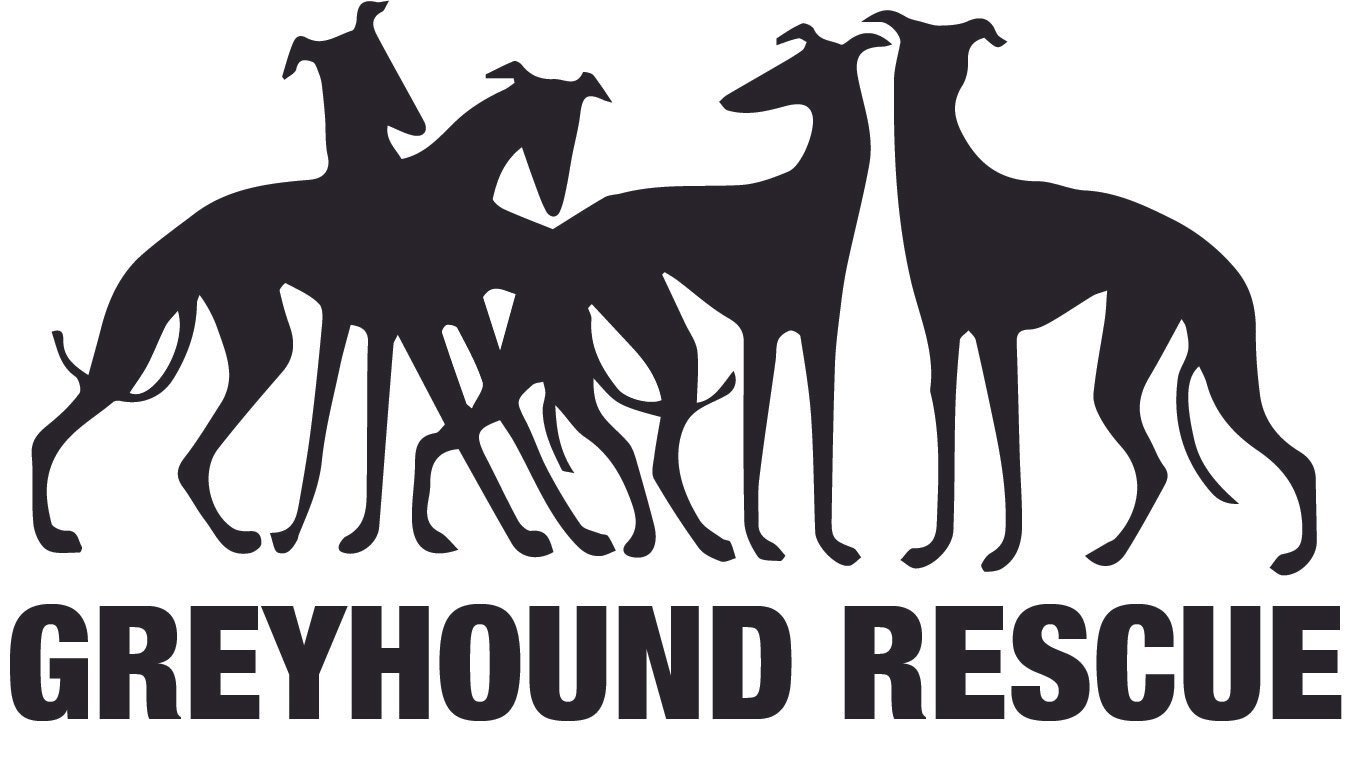Rose - By Stuart Chalmers
Rose had been living with us for a few months, had settled in nicely, and made friends with her new boyfriend Honcho. It was time to get Rose spayed, otherwise we could be in for trouble. We had already become very attached to Rose, as she is particularly affectionate and 'cuddly'.
On Friday morning I drove Rose to the Vet, Anna, who is my sister. Rose had a quick examination - all seemed well. Anna asked if I would like pre-anaesthetic blood tests, and advised that these are usually unnecessary and would not be a normal procedure in a dog of Rose's age ( Rose had just turned 3). She has a young greyhound as well, and she said that she wouldn't bother doing them for him - the risks are very small, so I ticked the "no" box without a second thought.
I picked Rose up that evening, and she was obviously tired and sore, which we expected. Over the weekend, Rose refused to eat anything at all, and kept vomiting. I spoke to Anna, who seemed concerned - she expected Rose to be doing much better by Sunday. On Sunday afternoon we took Rose to the surgery, where Anna examined her. Rose could have been having an allergic reaction to the suture material used. The only other explanation was that a swab had somehow been left in the abdomen, and Anna was 100% sure that this was not the case. We believed her, of course, I know that she had given Rose the best possible attention in her operation. Rose was given some injections, and she came home, where we monitored her carefully.
Monday morning came, and Rose still would not eat. She was still being sick regularly despite not having eaten at all. She seemed unsteady and refused to lie down. I had to go to work, so I persuaded my mum to take Rose to see Anna.
Anna examined Rose again, and gave her some more injections to stop her being sick. She kept Rose at the surgery to monitor her. Rose spent monday night on Anna's bed with her, as that was the only place she would lie down.
On Tuesday, Anna performed more tests on Rose, including ultrasound and blood analysis. She was placed on intravenous fluids and kept in the surgery. We were seriously concerned about Rose's health, and eagerly waited for news, which was a shock when it came. The blood tests showed extremely high levels of urea and creatinine in Rose's blood - indicators of severe kidney failure. Anna believed that Rose must have had kidney problems since birth, and the anaesthetic had triggered a massive failure. We were all shocked as this was the last thing we expected in a dog of Rose's age. The prognosis was not good, as signs of kidney failure only occur once 70% of the kidney is failing. We were to expect the worse, and the possibility of a tough decision to make.
Throughout the week Rose was kept on a drip to flush the toxins out of her and give her Kidneys a chance to start working, and she slept in the surgery at night. We went to see her every day and took her out for a walk. Although she was pleased to see us, we could tell she was unhappy. We encouraged her to eat ( which she refused to do). Anna and Fiona the veterinary nurse visited her every night to change her drip. By the weekend, Rose had lost nearly 5kg and was incredibly thin, but she started to eat a little food. We persuaded Anna's boss to let us keep Rose in over the weekend, and keep up the treatment. We knew that he did not think Rose would make it - he hadn't seen enough of an improvement, and we appreciated the fact that George and Anna were being honest about her chances, and were not giving us false hope. We all wanted to prove that we were doing the right thing. We knew things were getting better, albeit slowly.
By Sunday, Rose was much brighter and had started to eat more. Her blood samples were still very high, but had improved slightly. We took Rose home, and she was placed on a special diet and medication. Over the next few weeks Rose put her weight back on, and gradually returned to her normal silly self. She has had several blood tests since, and these have shown a huge improvement, almost returning to normal values. We hope the improvement will continue.
Although we don't know the long term prognosis for Rose, the signs are good and we know we made the right decision to keep fighting for her, when most vets would have advised to stop the treatment. There are two lessons in this story: Karen told me that greyhounds are fighters, and she is right. Rose wanted to keep going and we just needed to help her through it, so do not give up on them, or let your vet give up on them too soon.The second lesson is to think very carefully about pre-anaesthetic blood tests before placing you dog under general anaesthetic - regardless of the dog's age.
Throughout Rose's treatment we had fantastic support from Karen at Greyhound Rescue, who I spoke to nearly every day. Anna, Fiona,George and all the nurses at Avalon Veterinary Clinic in Glasgow were brilliant. I want to thank these people for their support, and their belief in Rose. Without them, it is likely that she would not be with us now.
Honcho
Rose
Honcho
Rose
Honcho
Rose






